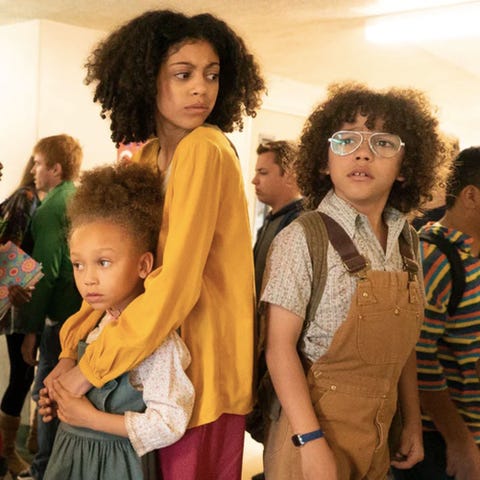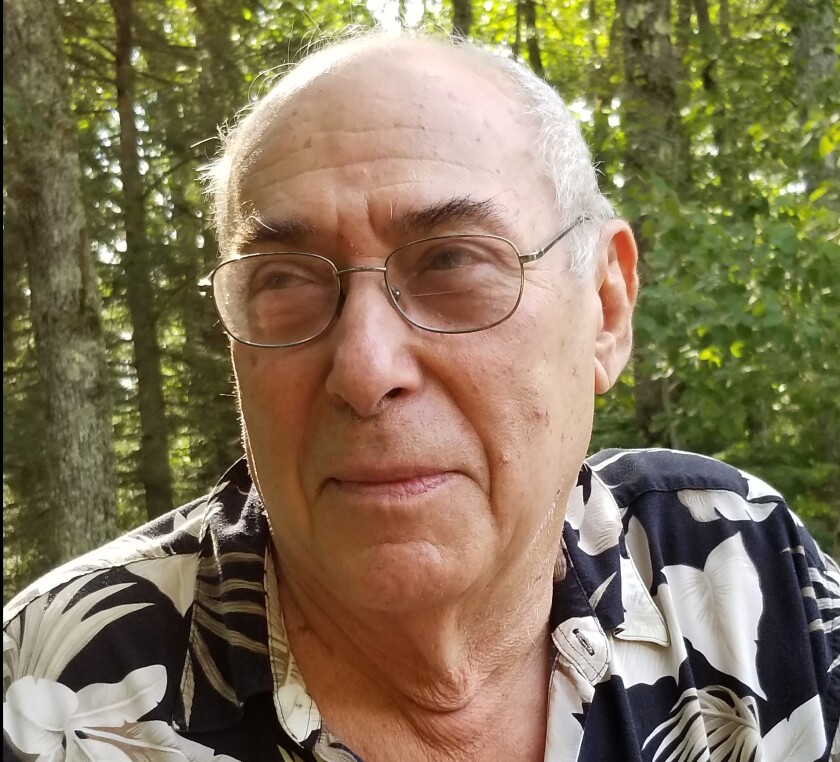Color, Culture, or Cousin? Multiracial Americans and Framing Boundaries in Interracial RelationshipsPosted in Articles, Family/Parenting, Media Archive, Social Science, Texas, United States, Women on 2019-11-19 01:48Z by Steven |
Color, Culture, or Cousin? Multiracial Americans and Framing Boundaries in Interracial Relationships
Journal of Marriage and Family
Volume 81, Issue 5 (October 2019)
pages 1221-1236
DOI: 10.1111/jomf.12583
Shantel Gabrieal Buggs, Assistant Professor of Sociology and African American Studies
Florida State University
Abstract
- Objective: This article analyzes how some multiracial people—the “products” of interracial relationships—conceptualize what counts as an interracial relationship and how they discuss the circumstances that influence these definitions.
- Background: Scholars have argued that the added complexity expanding multiracial populations contribute to dating and marriage‐market conditions requires additional study; this article expands on the limited research regarding how multiracial people perceive interraciality.
- Method: The article uses in‐depth interviews with self‐identified multiracial women (N = 30) who used online dating platforms to facilitate their dating lives in the following three cities in Texas: Austin, Houston, and San Antonio.
- Results: In framing their relationships through lenses centered around skin color, cultural difference, and “familiarity” in terms of seeing potential partners as similar to non‐White male family members, multiracial women illustrate varied and overlapping means of describing their intimate relationships, providing additional nuance to sociological understandings of shifts in preferences and norms around partner choice across racial/ethnic lines and opening up opportunities to continue the exploration of the impact of racial inequality on partner choice.
- Conclusion: Multiracial people internalize racial, gendered, and fetishistic framings about potential partners similarly to monoracial people, demonstrating how racial boundaries and degrees of intimacy are (re)constructed for this growing demographic in the United States.
Read or purchase the article here.







